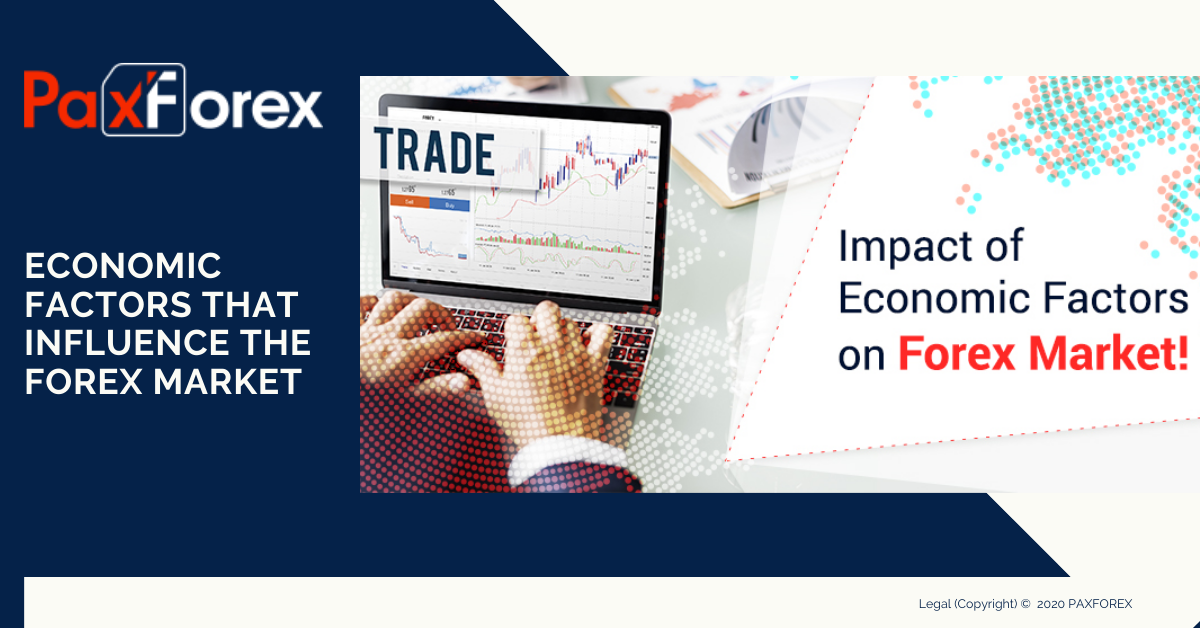
The value of a country’s currency is affected and largely influenced by various economic indicators that reflect how a country is performing. The macroeconomic events that take place internally and internationally are factors that will have a huge effect on the value of a currency. The fact that foreign exchange trading has become such a globalized activity means that macroeconomic events play an even greater role in forex than ever before.
The forex market is primarily driven by overarching macroeconomic factors that influence the decisions of the traders who ultimately decide the value of a currency at any given point in time. The economic health of a nation's economy is an important factor in the value of its currency. Overall economic health, however, is shaped by numerous economic events and information that may change on a daily basis, contributing to the 24/7 nature of the international foreign exchange market.
Similar to any other market price, the price of an exchange rate is determined by the forces of demand and supply. The most important factors that influence the forex market are inflation, interest rates, growth and macroeconomic risk. There are numerous factors that affect the rise and fall of financial instruments like currency values of whole countries. Investors usually analyze the economic stability and strength of a country before investing in that country’s currency. They always make sure to invest with the highest possible rate of return that they can achieve.
Many forex traders perform a daily review of economic calendars for the currency pairs they maintain positions in. They do so since the release of such key information can often result in considerable short term volatility in the currency markete , as well as prompt shifts in market sentiment. A key economic factors that are routinely covered in the current news and which can move the market when they are released includes the following: Interest rates, Inflation, Gross Domestic Product (GDP), Commodity Prices, Employment Data, Industrial Production, Retail Sales, Consumer Price Index (CPI).
While economic factors can always have an impact on the currency values, traders should try to stick to currencies that are used in secure and stable countries that have a strong financial system in place. By trading currencies that are from third world countries, the risks will be increased and the chances of losing money on the investment will be higher. Forex trading is a great way to generate streams of income and by taking into account the different factors that can affect the values, traders will be better prepared to conduct trades that will result in successful profits.







